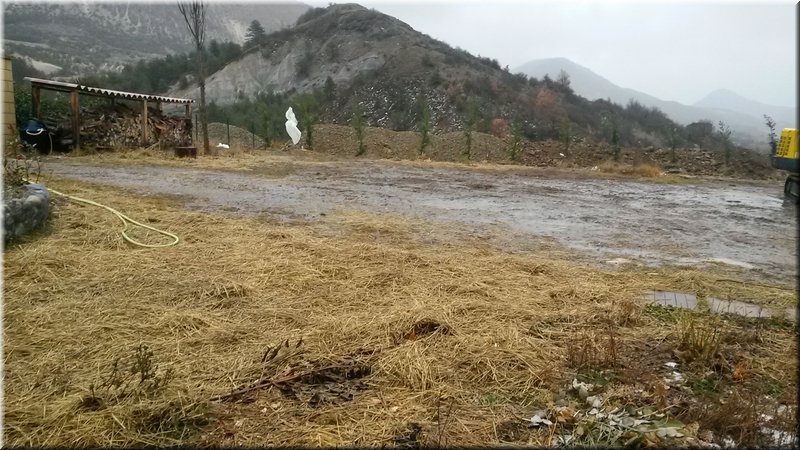izentrop wrote:This is the role of CIPAN in agriculture https://fr.wikipedia.org/wiki/Culture_i ... ge_d'azote.
Sorry for the rest, I was writing my message!

izentrop wrote:This is the role of CIPAN in agriculture https://fr.wikipedia.org/wiki/Culture_i ... ge_d'azote.

izentrop wrote:Did correct, but the problem will be more in the winter, when the soil life is slow and a board is no longer busy while being covered with hay.
Nitrates not absorbed by the previous crop could be leached, but it is more a problem of shallow soil, sandy soil, plowed (accelerated mineralization), lacking humus and left bare.






Did67 wrote:
Hay according to my calculations brings more N, P and K than manure or the compost, for the same weight carried
Did67 wrote:No. "Finished" compost ... It's roughly 50% of the fleet! And still a lot of "vegetable matter in the process of decomposing" (we are still far from humic substances, even if there is already a little). The content of fertilizing elements (N, P, K, etc.) has become somewhat concentrated, of course, due to the loss of mass (a substantial part of the C has lost its way in the form of CO2 when it has been heated - or even if it does not heat up, the slower, cold decomposition releases C as CO2.
What makes the "richness" of hay is the 85% (at least) of dry matter. So even if reduced to dry weight it is a little less rich than compost (reduced to dry weight), in the end, it is more ...
If we compare to the fresh material brought, we are in "not much", so much we carry around the fleet when we carry our household waste (90 to 95%, often, with the exception of a few "skins" .. .). When I balance buckets and buckets of waste on my 20 cm of hay, that represents a few% (ten at most), of the total dry matter "consumed" by my soil organisms!
Back to "Agriculture: problems and pollution, new techniques and solutions"
Users browsing this forum : No registered users and 326 guests